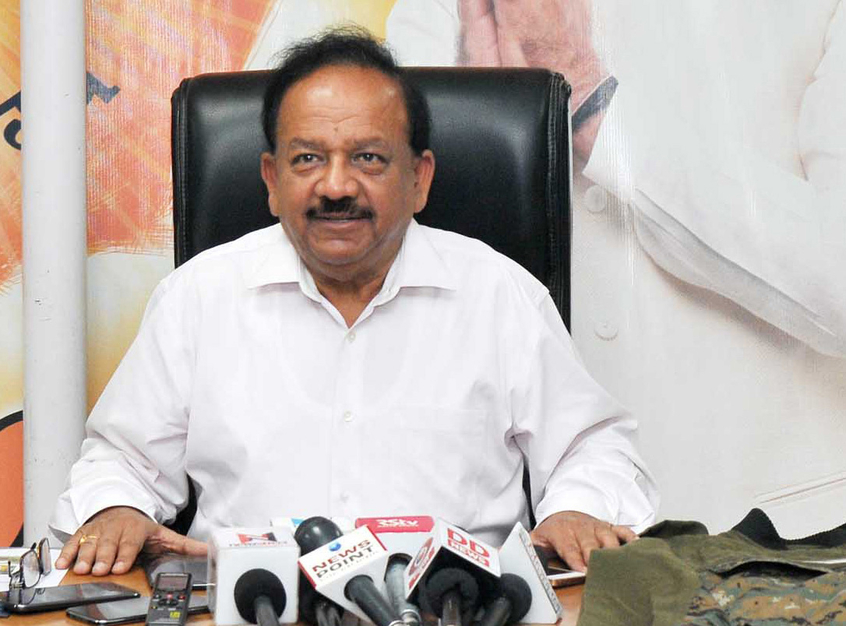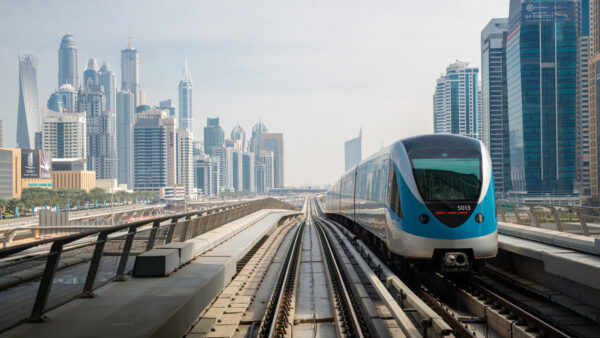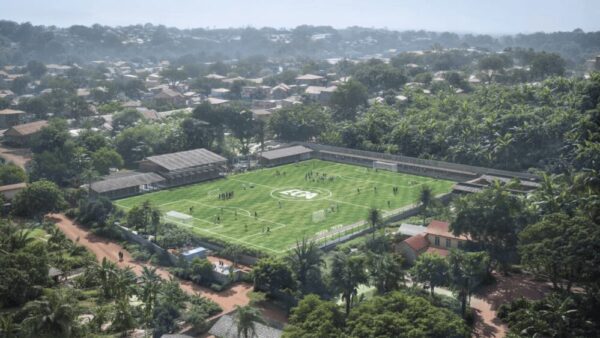With more than half the world’s population on target to live in sweltering climes in just over a decade, a global contest, led by India, has been launched to rethink the woefully inefficient air conditioner.
Now, most units reach just 8% of their maximum theoretical efficiency, and the Global Cooling competition announced this month will award $1m to the inventor of a residential air conditioner that can do much better, and with less energy.
That prize-winner will be picked from 10 shortlisted contestants, who will each get $200,000 to develop their ideas.
The contest was announced by Harsh Vardhan, India’s minister for science, technology and environment (pictured), who said he hoped innovators would rise to the challenge and develop a super-efficient technology that would provide access to affordable cooling to people around the world.
Also behind the scheme is the Rocky Mountain Institute, a Colorado-based green energy researcher.
According to the contest’s website, there are 1.2 billion room air-conditioning units in service around the world, and it estimates that this number will increase to 4.5 billion by 2050.
It argues that a winning design would be able to prevent up to 100 Gigatons of carbon dioxide-equivalent emissions by 2050, and “put the world on a pathway to mitigate up to 0.5ËšC of global warming by 2100, all while enhancing living standards for people in developing countries around the globe”.
By the year 2030, more than half of the world’s population will live in hot climates, tripling the energy needed to cool their homes. The organisers argue that the most efficient designs available at present achieve 14% of their maximum theoretical efficiency, and that most reach only 8%.

Harsh Vardhan, union minister for science and technology (Ministry of Science & Technology)
The competition calls for the design of a unit that can be retrofitted to homes, uses less than 20% of the energy of a conventional unit while costing no more than twice its average price. Its power consumption is limited to 700W and it must use less than than 14 litres of water a day.
The deadline for the submission of ideas is June, and for the submission of technical details to follow in August. After that a shortlist of 10 will be given $200,000 to build working prototypes in November. The final winner will be awarded $1 million in November or December 2020.
As well as the Rocky Mountain Institute, the competition is being organised by Conservation Labs (Washinton, DC), Cept University (Ahmedabad, India) and the Alliance for an Energy Efficient Economy (New Delhi).
The lead implementation partner is India’s science ministry and Mission Innovation, a group made up of the EU and 22 countries. Supporting partners include India’s power and environment ministries, as well as the National Institute of Transforming India. Â
Top image: The typical unit operates at about 8% of its theoretical maximum efficiency (Campanato/CC BY 3.0)
Further reading:
- Stop copying the West’ with hot glass towers, African academic urges
- Aircon Apocalypse: Scientist predicts huge rise in energy demand from air conditioning
- Scientists develop super-cool roof covering to bat away the blazing sun
- Peruvian team wins World Architecture Festival’s inaugural water research prize






